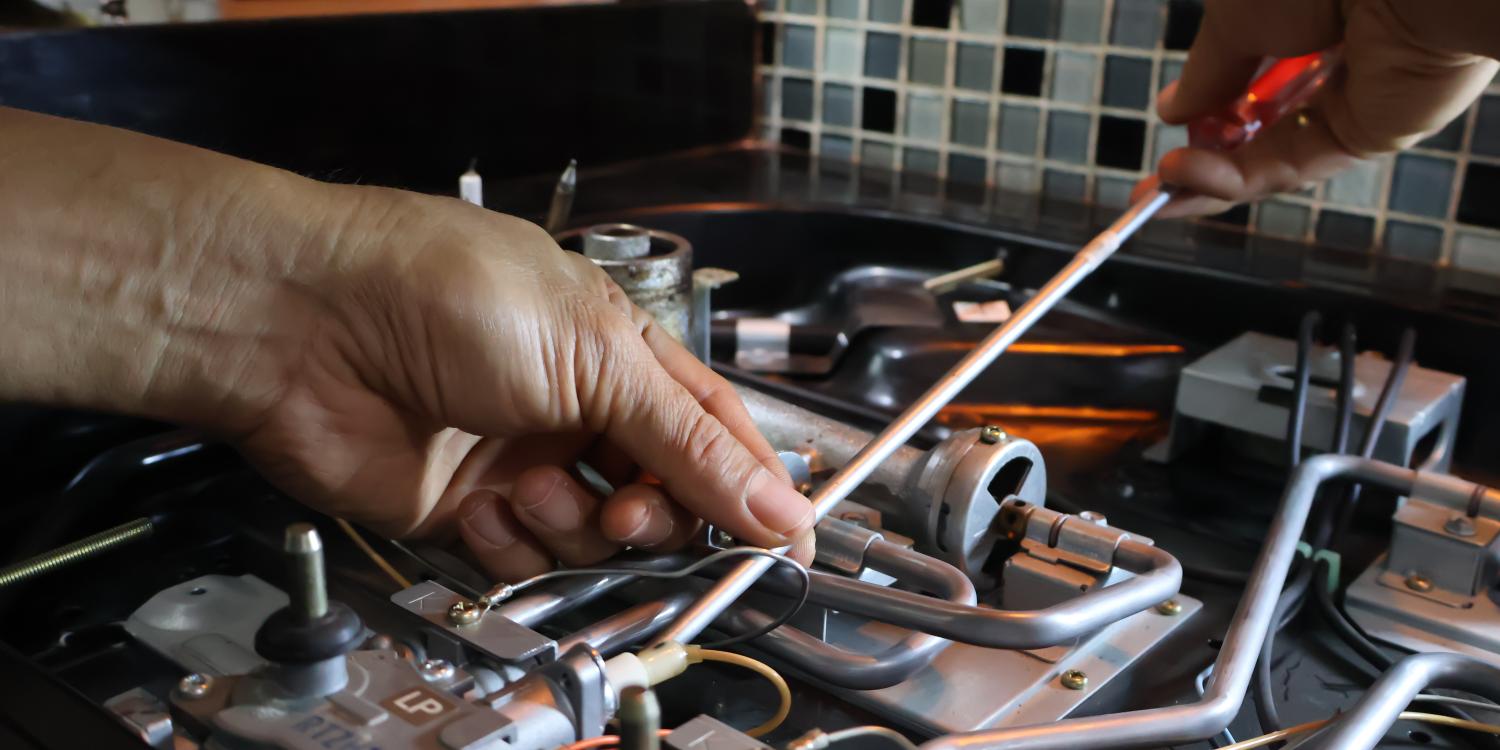Homeownership is a significant milestone, filled with excitement and, admittedly, a fair share of challenges. One such challenge is the upkeep and repair of your home, which can often be unexpected and expensive. Enter home warranties – a solution designed to alleviate the financial burden of home repairs. Often confused with home insurance, which primarily covers damage from unexpected events like fires or natural disasters, a home warranty is a contract that covers the repair or replacement of home appliances and systems. Understanding what a home warranty covers, and just as importantly, what it doesn't, is crucial for any homeowner looking to protect their investment.
Understanding Home Warranties
A home warranty is a service contract that helps cover the cost of repairs or replacements of essential home systems and appliances that break down due to normal wear and tear. Unlike home insurance, which covers damage from external factors, home warranties focus on the internal workings of your home. The concept of home warranties emerged as a way to provide homeowners with a sense of security and financial protection against unforeseen home repair expenses.
There are generally two types of home warranty plans: Basic and Extended/Enhanced. The Basic plans typically include coverage for major systems like heating, electrical, and plumbing, as well as major appliances like ovens and dishwashers. Extended or Enhanced plans often cover additional items such as air conditioning, refrigerators, washers, and dryers.
What Does a Home Warranty Cover?
The scope of a home warranty can be quite extensive, providing coverage for a range of household systems and appliances:
- Major Appliances: Refrigerators, dishwashers, built-in microwaves, ovens, ranges, washers, and dryers.
- HVAC Systems: Heating and air conditioning, including ductwork.
- Plumbing Systems: Pipes, drains, faucets, and garbage disposals.
- Electrical Systems: Wiring, electrical panels, switches, and outlets.

For example, if your water heater breaks down due to normal wear and tear, a home warranty can cover the cost of repairing or replacing it. This coverage extends to many other home components. Storage tank water heaters can cost around $600-800 in the US, but costs vary on the size of the tank. Installing a tank-style water heater will cost between $900 and $2,500 on average.
Special coverage options can further extend to items like roof leak repairs, pools, spas, and even septic systems. However, it’s important to understand that these coverages might come with limitations. Pre-existing conditions, improper maintenance, or issues arising from improper installation are typically not covered.
Be sure to check our recommended list of Home Warranty plans here.
What Home Warranties Do Not Cover
It’s equally important to know what a home warranty does NOT cover.
- Structural features of the home, such as the foundation or roof (except for specific roof leak coverage)
- Non-mechanical items like windows or doors
- The contract might also exclude systems or appliances that haven't been properly maintained or have pre-existing conditions.
Understanding these exclusions helps set realistic expectations and prevents surprises when a claim is made.
The Benefits of Having a Home Warranty
The primary advantage of a home warranty is financial protection. The cost of repairing or replacing a major system or appliance can be significant, and a home warranty can help mitigate these expenses. For instance, replacing an HVAC system can cost thousands of dollars, a burden eased by warranty.
Knowing that you have a plan in place for handling unexpected breakdowns can relieve the stress associated with home repairs. Additionally, when selling a home, having an existing home warranty can be a selling point, making the property more attractive to potential buyers.

Considerations Before Signing Up
Before choosing a home warranty, assess your home’s needs. Consider the age and condition of your home systems and appliances. Also, understand the costs involved, including service call fees, premiums, and any cap limits on repairs or replacements.
Researching home warranty providers is crucial. Look for customer reviews, assess the company's reputation, and check their service network. This ensures that you choose a provider that is reliable and has a track record of satisfactory service.
Before you go...
A home warranty is an investment in the longevity and care of your home. By offering financial protection and peace of mind, it's a resource that every homeowner should consider. However, it’s essential to conduct thorough research and select a plan that best suits your specific needs and circumstances.
Written by Justin from FinSpot




